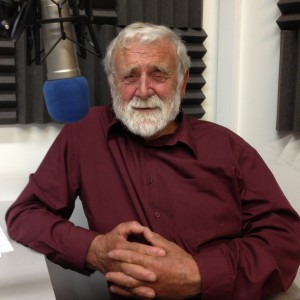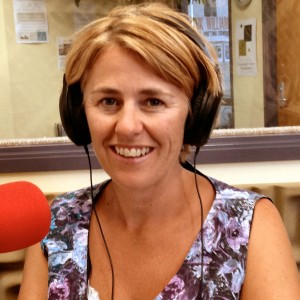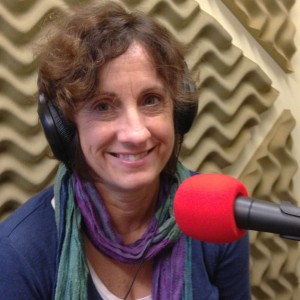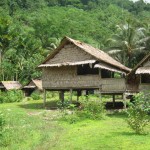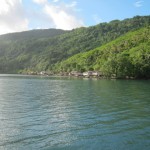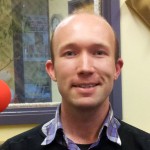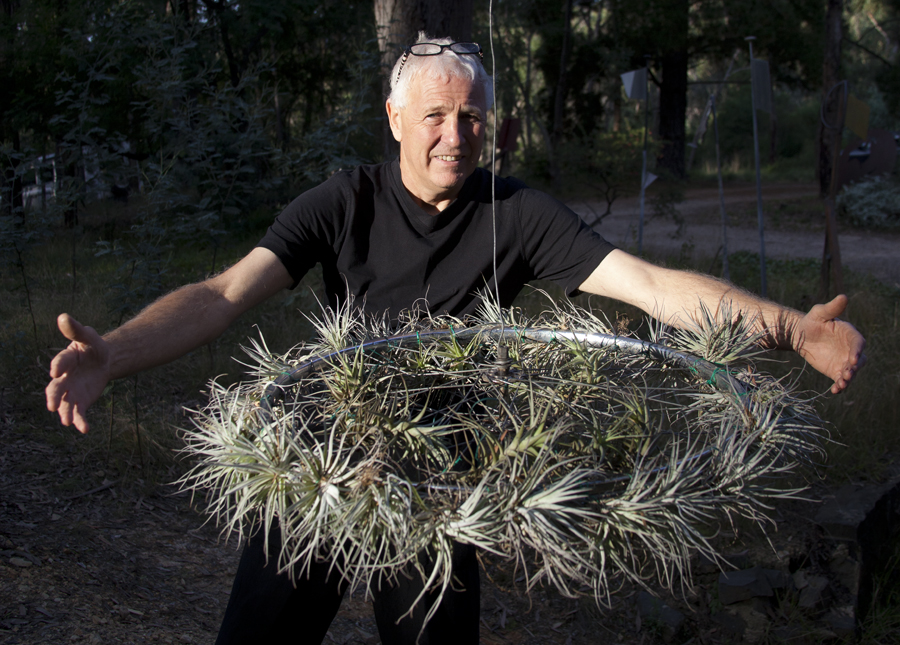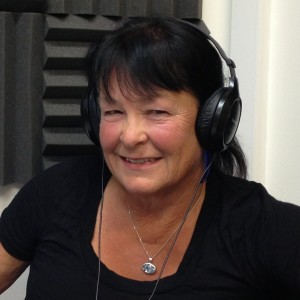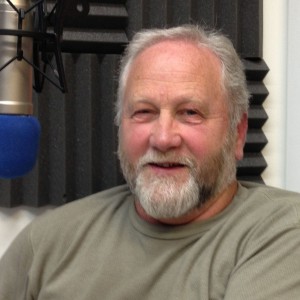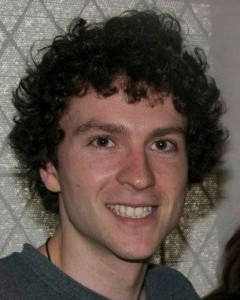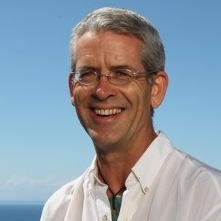Emeritus Professor Sir Alan Mark is New Zealand’s first Knight honoured for services to conservation. We explore the relationship between science and championing change. So long as you have the science behind you, Sir Alan has no problem with taking an activist role – indeed, he says, it is an obligation of the privileged position of the academic. We talk about Sir Alan’s love for New Zealand’s alpine ecosystems – a passion and deep knowledge that he shares in his new book Above the treeline: A nature guide to alpine New Zealand.
Sir Alan is currently involved in the Wise Response (wiseresponse.org.nz) campaign, a call for a national risk assessment of the “unprecedented threats to our collective security†facing the country as a result of climate change, fossil fuel extraction, and economic and ecological uncertainty.
Shane’s number of the week: 1.2 is the percentage of material used in the production of goods left usable after six weeks. In other words, we’re wasting 98.2% of what we consume.
